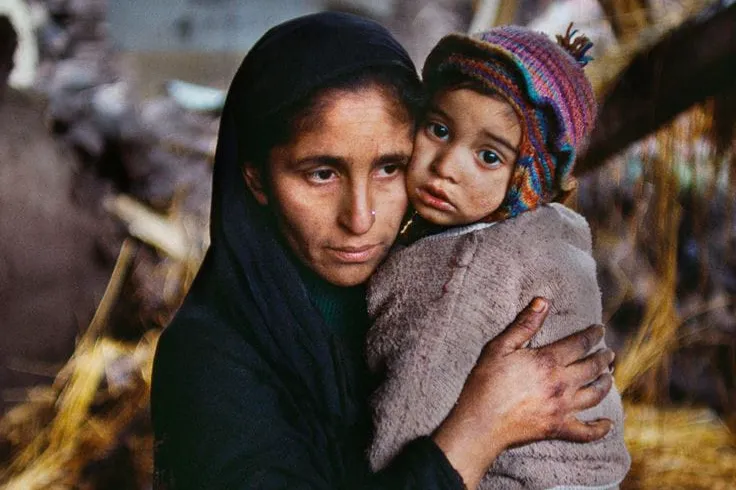تعكس الصورة المنطبعة في أذهان العديد من الأشخاص حيال إفريقيا تنوعها وثراء طبيعتها وثقافتها، وفي الوقت نفسه تعكس تحديات كبيرة مثل الفقر ونقص البنية التحتية والتحديات البيئية، مما يجعلها قارة تتجلى فيها التناقضات والفرص المهدورة.
تمتلك إفريقيا 8 بالمئة من احتياطات الوقود الأحفوري و12 بالمئة من احتياطيات الغاز الطبيعي في العالم؛
وتقبع فوق أكثر من 50% من الثروات النفطية والمعدنية في العالم، بمعنى أن نصف ثروات هذا العالم موجودة في هذه القارة التي بها 95% من الماس في العالم و65% من الذهب و90% من البلاتينيوم وأكثر من 25% من اليورانيوم،
إفريقيا في الأصل بلد زراعي، تستحوذ على 65 بالمئة من الأراضي الصالحة للزراعة على كوكب الأرض و10 بالمئة من المياه العذبة المتجددة.ولا زالت تعاني من عدم وجود مياه صالحة للشرب. كما يموت أكثر من نصف مليون طفل سنوياً تحت سن الخامسة بسبب سوء التغذية!!
تصيبنا هذه الأرقام بالدهشة والحيرة وتدفعنا لسؤال في غاية الأهمية، لماذا لم ينعكس وجود هذه الموارد على بلدان القارة الإفريقية التي تعتبر الأفقر والأقل تنمية على المستوى العالمي؟
فخذ مثلاً دولة "نيجيريا" دولة غنية بالنفط والغاز، وهي عضو في منظمة "أوبك"، ولكن الدخل اليومي لنحو 70% من مواطني هذه الدولة الأفريقية لايتجاوز دولاراً واحد.
يعيش 70% من سكان الأرياف في زامبيا دون خط الفقر، مع العلم أن زامبيا دولة غنية بالثروات الطبيعية من نحاس، وكوبالت، وزنك، ورصاص، وفحم حجري، وذهب، وفضة، ويورانيوم، والأحجار الكريمة، ومع ذلك فإن 64% من سكانها يعيشون دون خط الفقر.
لماذا تفشل إفريقيا في الاستفادة من مواردها؟
يعزى فقر إفريقيا إلى عوامل متعددة تشمل الاستغلال غير الفعّال للموارد والفساد الحكومي ونقص البنية التحتية والتحديات البيئية و وتاريخ الاستعمار والاستعباد في إفريقيا الذي ترك تأثيرات طويلة الأمد على الاقتصاد والسياسة في القارة.
ولعل من أهم العوامل التي أدت إلى جر هذه البلدان إلى هاوية الفقر هي الفساد الحكومي وضعف التخطيط الاستراتيجي. الفساد يؤدي إلى تبديد الموارد وتقليل الفرص ويؤثر سلباً على الثقة العامة في الحكومات. بالإضافة إلى ذلك، عدم وجود تخطيط استراتيجي فعّال.
إن سوء التخطيط الاستراتيجي ساهم بشكل كبير في تأخر تقدم العديد من دول إفريقيا. يتسبب هذا النقص في تفشي مشكلات البنية التحتية الضعيفة وتوجيه الموارد بشكل غير فعّال. النتيجة هي قرارات قصيرة الأجل تفتقر إلى رؤية طويلة المدى وتأثير مستدام، مما يعيق التنمية الشاملة ويعزز من دور دورة الفقر والتخلف في تلك الدول. لتحقيق تقدم أكبر، يجب على هذه الدول تطوير استراتيجيات أفضل وتوجيه الموارد والجهود بشكل أكثر فاعلية نحو تحقيق التنمية المستدامة والرفاهية لمواطنيها.











-white.svg)